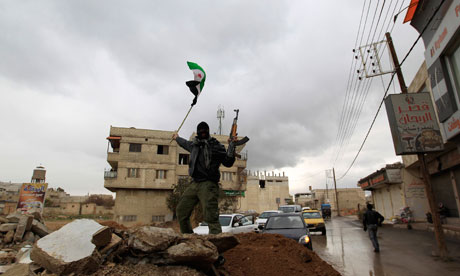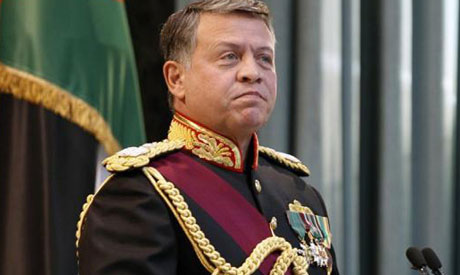By Carolyn Abdenour
Impunity Watch Reporter, Middle East
ABU DHABI, United Arab Emirates – The United Arab Emirates (“UAE”) produced a six-minute video entitled “Be Yourself” to cure gay men of homosexuality. This “tutorial” posted by the government last week on YouTube shocked the lesbian, gay, bisexual, and transgender community.

Link to the UAE film \”Be Yourself\”.
Set in a typical suburban area in the UAE, the video tells the story of five young men: Rashid Al-Muaini, Majid Al-Muaini, Ali Al-Ghaithi, James Al-Ghaithi, and Mohammed Eissa. Two of the characters dressed in traditional Emirati greet a third character in a t-shirt and jeans. In his apparent shy and effeminate manner, he says “Hi guys” to the other characters in a high-pitched voice while he plays with his long hair and daintily shakes their hands.
The final two characters wearing western-style clothing join the trio and greet them in a masculine manner. The effeminate character receives an invitation to join the other characters in an adjacent villa. In the villa, the men tell the effeminate character he needs to change his personality. He agrees.
As part of his straight makeover, the effeminate man mimics manly gestures. The other men scrub his hands and face, and they cut his hair and nails. When the newly masculine man departs, he says “Bye guys” in a high-pitched voice. The men slap him and command him to thicken his voice.
Once the makeover concludes, the men appear pleased and proud of their work. They also thank Allah for enabling the man’s “change.”
24-year-old founder of Gay, Lesbian, Bisexual and Transgender Rights UAE Abdullah responded the video “angers me to no end, but it also saddens me.” The video reminded him of hot afternoons when he was a teenager. He forcibly observed men interacting or drinking coffee, so he could mimic them and make his father proud.
The UAE has enacted federal legislation that prohibits homosexual acts throughout the country. The country can punish men engaging in consensual sodomy with fines, ten to fourteen years in prison, deportation, flogging, or death.
The Gay, Lesbian, Bisexual and Transsexual Rights UAE activist network informed the Canadian Prime Minister and Human Rights Minister, the United Nations, and various media outlets of the continued persecution their community faces. For example, the network stated UAE officials used hormonal treatments to “cure” homosexuals.
Dubai resident and gay activist Omar said, “This is the only way to enable our rights as citizens because activism on the ground here will lead to our arrest and jailing. We struggle.”
For further information, please see,
Albawaba – UAE Gay “Cure” Video Causes Sting in LGBT Community – 31 Jan 2012
International Business Times – Gay Man ‘Cure Video’ Sparks Outrage in UAE – 31 Jan 2012
Huffington Post – United Arab Emirates’ ‘Be Yourself’ Video Shows Gay Men Being ‘Cured’ of Homosexuality – 30 Jan 2012
Pink News – Video: UAE ‘Straight Makeover’ Video Slammed – 30 Jan 2012



